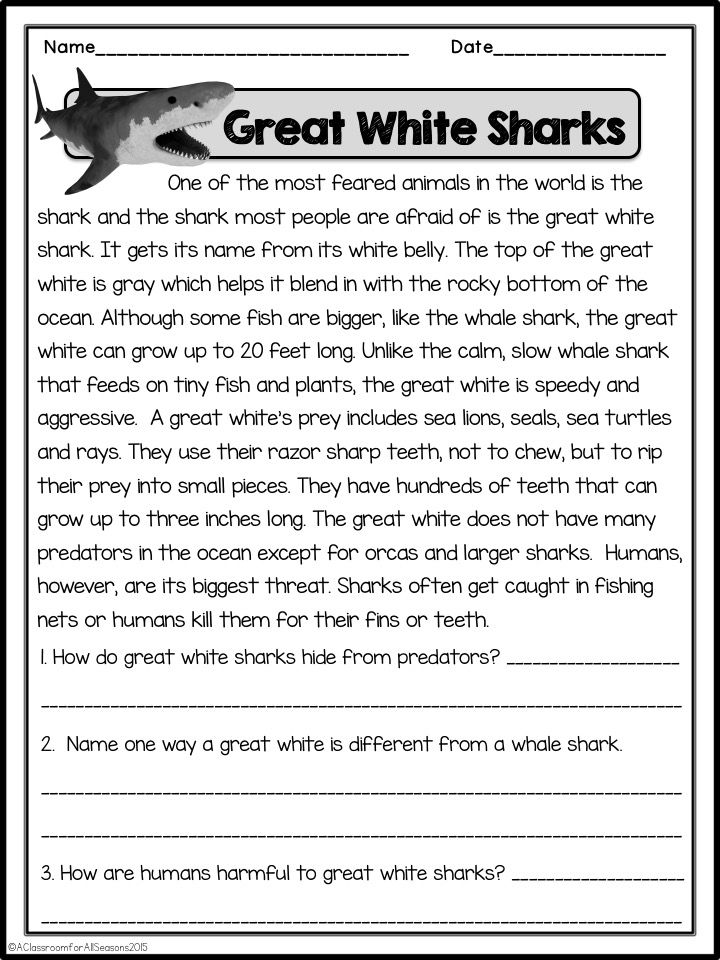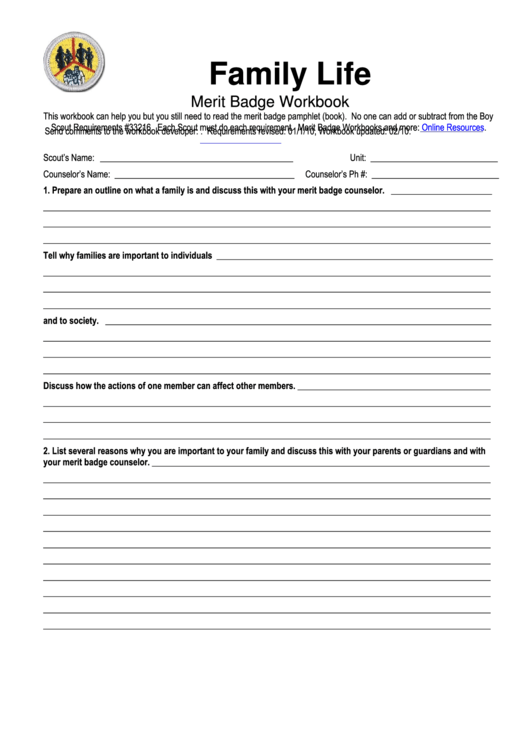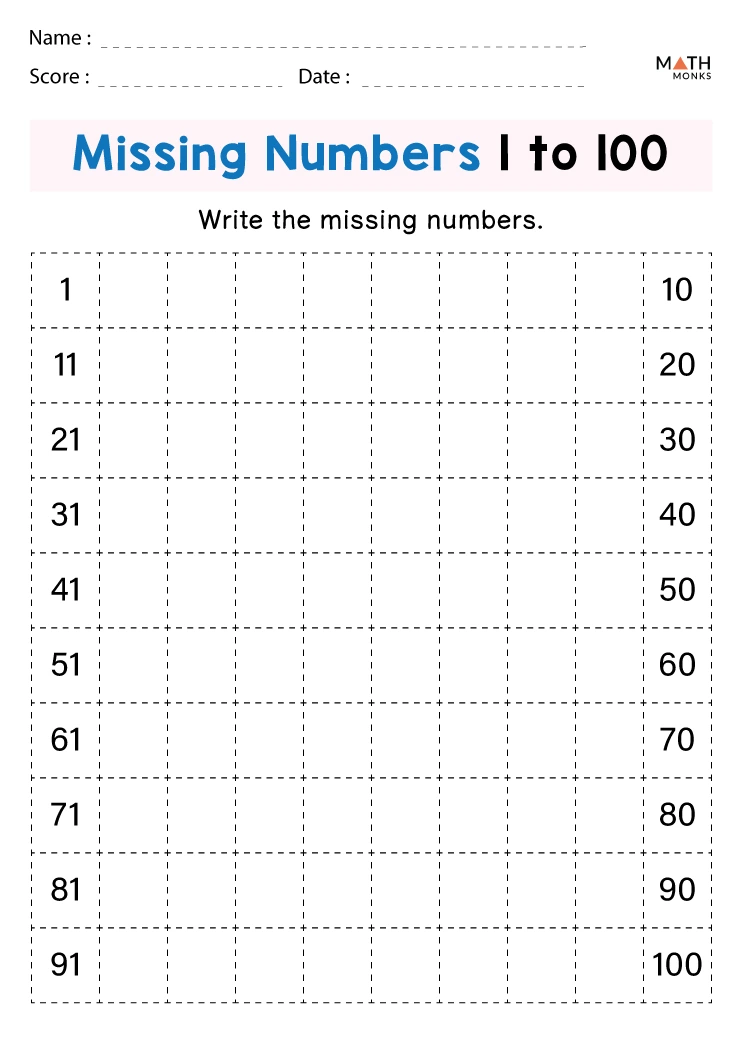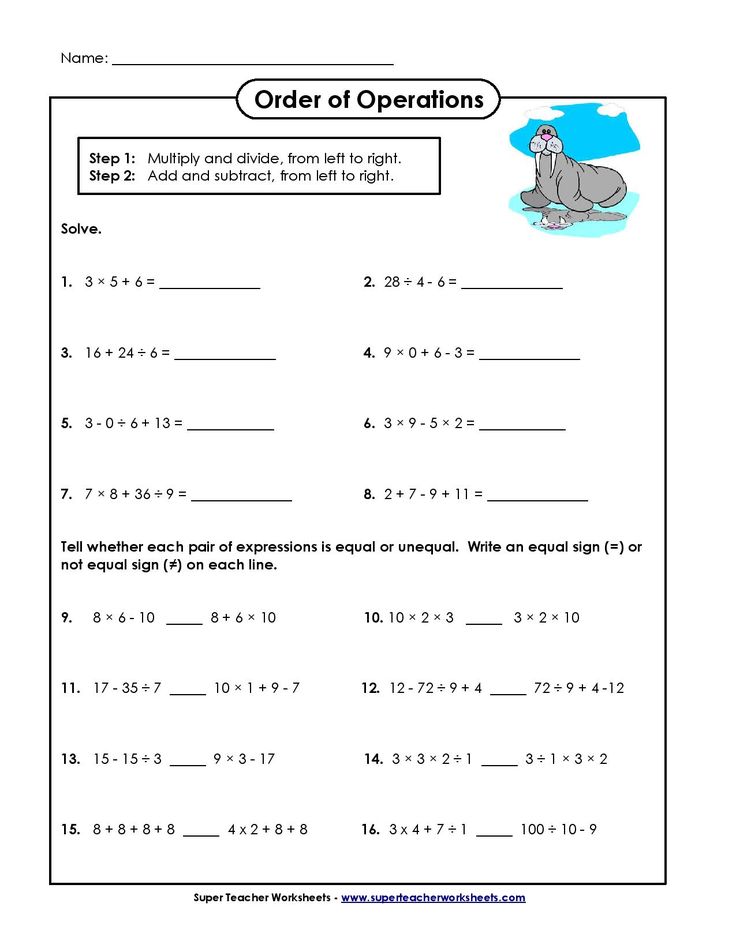5 Engaging 5th Grade Language Arts Worksheets to Try
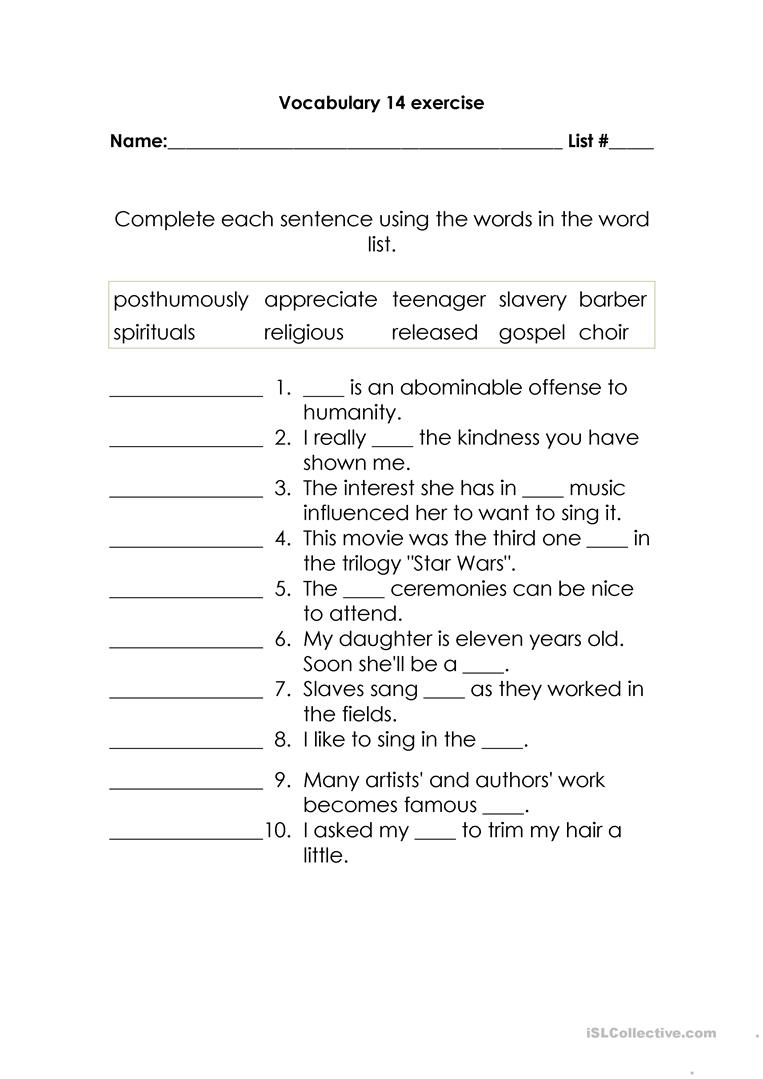
5 Engaging 5th Grade Language Arts Worksheets to Try
Language arts is an essential subject that helps students develop their reading, writing, and communication skills. As a teacher or parent, it can be challenging to keep students engaged and motivated, especially when it comes to worksheets. In this article, we'll explore five engaging 5th grade language arts worksheets that you can try with your students.
1. Literary Character Analysis Worksheet
This worksheet is perfect for students who love reading and analyzing literary characters. The worksheet requires students to read a short passage from a novel or story and then answer questions about the main character's traits, motivations, and actions.
Here's an example of what the worksheet might look like:
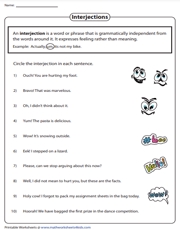
| Character's Name | Physical Description | Personality Traits | Motivations | Actions |
|---|---|---|---|---|
| __________________________________ | __________________________________ | __________________________________ | __________________________________ | __________________________________ |
Students can use this worksheet to analyze characters from their favorite novels or stories, such as Harry Potter, The Diary of a Wimpy Kid, or The Wizard of Oz.
2. Writing Prompt Worksheet: Imagine a World...
This worksheet is designed to spark students' creativity and imagination. The prompt asks students to imagine a world where anything is possible and write a short story or poem about it.
Here's an example of what the worksheet might look like:
Imagine a world where...
- Gravity doesn't exist
- Animals can talk
- Food is free
- Everyone is a superhero
Write a short story or poem about this world. Be sure to include sensory details and descriptive language.
Students can use this worksheet to express their creativity and imagination, and it's a great way to encourage them to think outside the box.
3. Identifying Figurative Language Worksheet
This worksheet is perfect for students who need to practice identifying figurative language in literature. The worksheet includes a short passage with examples of figurative language, such as similes, metaphors, and personification.
Here's an example of what the worksheet might look like:
Read the following passage and identify the examples of figurative language:
"The sun was a golden crown in the sky, shining brightly over the rolling hills. The trees were like green giants, swaying gently in the breeze. The flowers were a colorful carpet, stretching as far as the eye could see."
Identify the following examples of figurative language:
- Similes: _______________________________________
- Metaphors: _______________________________________
- Personification: _______________________________________
Students can use this worksheet to practice identifying figurative language in literature and develop their critical thinking skills.
📝 Note: You can adjust the difficulty level of the worksheet by using more complex examples of figurative language.
4. Poetry Analysis Worksheet
This worksheet is designed to help students analyze and understand poetry. The worksheet includes a short poem and questions that ask students to analyze the poem's meaning, tone, and literary devices.
Here's an example of what the worksheet might look like:
Read the following poem and answer the questions:
"The Road Not Taken" by Robert Frost
Two roads diverged in a yellow wood,
And sorry I could not travel both
And be one traveler, long I stood
And looked down one as far as I could
To where it bent in the undergrowth;
Then took the other, as just as fair,
And having perhaps the better claim,
Because it was grassy and wanted wear;
Though as for that the passing there
Had worn them really about the same,
And both that morning equally lay
In leaves no step had trodden black.
Oh, I kept the first for another day!
Yet knowing how way leads on to way,
I doubted if I should ever come back.
Identify the following:
- The speaker's tone: _______________________________________
- The poem's meaning: _______________________________________
- Examples of literary devices: _______________________________________
Students can use this worksheet to analyze and understand poetry, and develop their critical thinking skills.
5. Narrative Writing Worksheet: A Memorable Experience
This worksheet is designed to help students practice narrative writing. The worksheet asks students to write about a memorable experience from their lives, using descriptive language and sensory details.
Here's an example of what the worksheet might look like:
Write about a memorable experience from your life. It could be a happy memory, a sad memory, or a challenging experience. Be sure to include descriptive language and sensory details.
Some questions to consider:
- What were you doing during this experience?
- Who was with you?
- What did you see, hear, and feel?
- How did you feel during and after the experience?
Students can use this worksheet to practice narrative writing and develop their storytelling skills.
As a teacher or parent, it’s essential to keep your students engaged and motivated in language arts. These five worksheets offer a variety of activities that can help students develop their reading, writing, and critical thinking skills. Remember to adjust the difficulty level and complexity of the worksheets according to your students’ needs and abilities.
What is the best way to use these worksheets in the classroom?
+The best way to use these worksheets in the classroom is to integrate them into your existing lesson plans. You can use them as a supplement to your teaching, or as a standalone activity. Be sure to adjust the difficulty level and complexity of the worksheets according to your students’ needs and abilities.
Can I customize these worksheets to fit my students’ needs?
+Yes, you can customize these worksheets to fit your students’ needs. You can adjust the difficulty level, complexity, and content of the worksheets to suit your students’ abilities and interests.
Are these worksheets suitable for students with special needs?
+Yes, these worksheets can be adapted to suit students with special needs. You can modify the language, content, and format of the worksheets to make them more accessible and inclusive.
